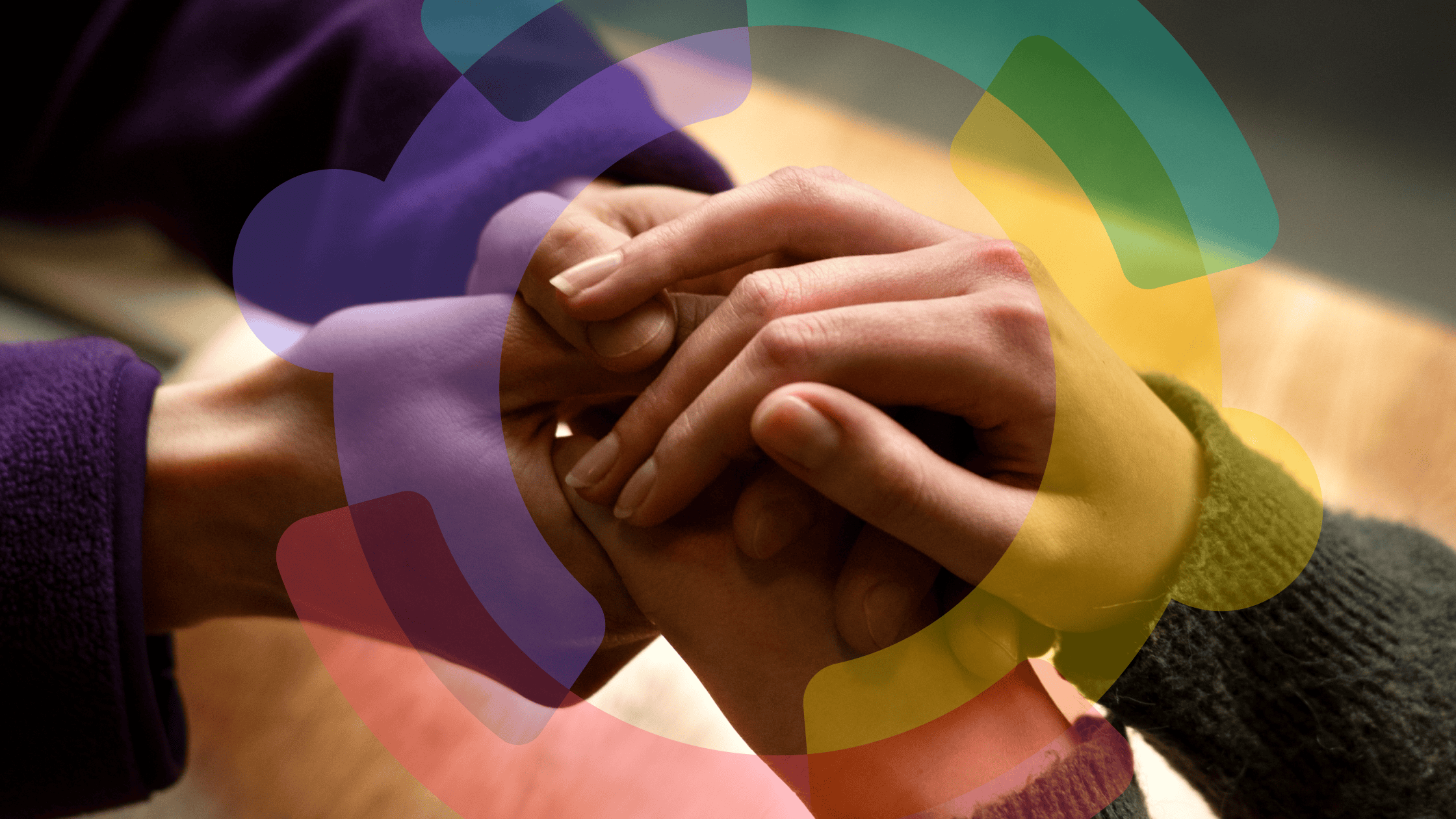If you’ve ever reached out for help and ended up feeling more like a number than a person—you’re not alone.
Maybe you’ve sat in a waiting room with a knot in your stomach, not knowing what to say.Maybe you’ve been handed leaflets when what you really needed was someone to listen. Or maybe you’ve stopped asking for help altogether, because every time you do, it feels like you’re being filtered through a system that doesn’t see the full you.
This isn’t what support is meant to feel like. And it’s certainly not what you deserve.
At Amitola, we meet people every day who are navigating the messiness of trauma, neurodivergence, burnout, or just the weight of being human in a world that doesn’t always make space for that. What they tell us—what you might be feeling too—is that they’re not looking for someone to fix them.
They’re looking for something real. Something human.
In this article you discover what support can look like when it’s rooted in relationship, trust, and lived experience. Of the kind of space that holds you, not diagnoses you. Because true support doesn’t come with a clipboard. It comes with care.
Let’s explore what that really means.
What We Think Support Means (vs. What It Actually Feels Like)
When most people hear “mental health support,” they picture something official. Appointments. Assessments. Services that slot you into boxes and send you home with a plan.
But for many of us, especially those living with trauma, neurodivergence, or long-term mental health struggles, that kind of support can feel distant—cold, even. It’s not that it means harm. But it often misses the heart of what’s really needed.
Because real support isn’t about ticking boxes. It’s about being seen.
We’ve heard people say:
- “Everything feels like too much.”
- “I don’t know where to start.”
- “It’s like no one actually hears me.”
So often, support systems are built around problems and symptoms—not people. They expect you to fit their mould, rather than shaping around your reality. And when you can’t—or won’t—it can feel like you’re failing. Like you’re the difficult one.
But you’re not.
You’re someone with a story. And you deserve to have that story held with care, not analysed from a distance.
What people tell us they actually need is space.
To speak, or not speak. To cry, or laugh, or sit in silence without being prodded. To be understood without having to perform their pain.
And most of all—to not feel like a burden for needing connection.
That’s the starting point. That’s where real support begins.
The Difference Between Helping and Holding
There’s a quiet but powerful difference between someone trying to help you—and someone simply choosing to be with you.
Help can be well-meaning. But it often comes with an unspoken pressure: to get better, to do more, to be okay faster.
It can feel like you’re a task on someone’s list. A situation to sort out. A problem to solve.
And when you’re already carrying so much, that kind of help can feel heavy. Transactional. Clinical. Like someone’s watching you through a window but never really stepping inside.
Holding, though—that’s something else entirely.
To be held in your experience is to be met exactly where you are. No fixing. No agenda. Just someone beside you, staying present in the hard parts without trying to rush you through them.
It’s someone saying:
- “I’m here.”
- “You don’t have to explain it all.”
- “You’re not too much.”
Holding space is what happens when someone trusts your pace. When they don’t need you to be ready or articulate or okay. When their presence says, “You don’t have to be alone in this.”
At Amitola, this is what we offer—not as a technique, but as a way of being.
It’s in the quiet conversations, the consistent check-ins, the spaces where there’s no pressure to perform your pain. Just room to breathe.
Because you are not a project. You are a person.
And sometimes, the most powerful thing we can do for each other is to stay—to hold, not hurry.
How Amitola Creates Space That Heals
Support at Amitola doesn’t start with a referral form or a waiting list. It starts with people.
With stories. With presence. With trust that’s built over time, not assumed from a uniform.
What makes Amitola different isn’t just what we do—it’s how we do it.
We don’t rush. We don’t reduce people to symptoms. We don’t believe healing happens in five sessions or on someone else’s timeline.
Instead, we create spaces where:
- You’re met where you are. Whether you’re in crisis or just holding on, you’re welcome without needing to have the right words or answers.
- Lived experience leads. Many of us have been through the systems ourselves. That shapes the way we show up—with empathy, not expertise.
- There’s room to just be. Our spaces—whether residential, community-based or drop-ins—are built to feel like real places, not clinical ones. Like home, not a holding cell.
We hold the belief that support should be relational, not rigid. That it’s okay to move slowly. That you shouldn’t have to earn care by hitting a crisis point.
Whether you connect with us in a floating support session, a Recovery House, or simply over a cuppa and quiet conversation—we honour your humanity first.
Because you’re not a diagnosis. You’re not your worst day. You’re someone who deserves to be met with dignity, consistency, and warmth.
This is what healing can look like when it’s shaped around you—not forced upon you.


